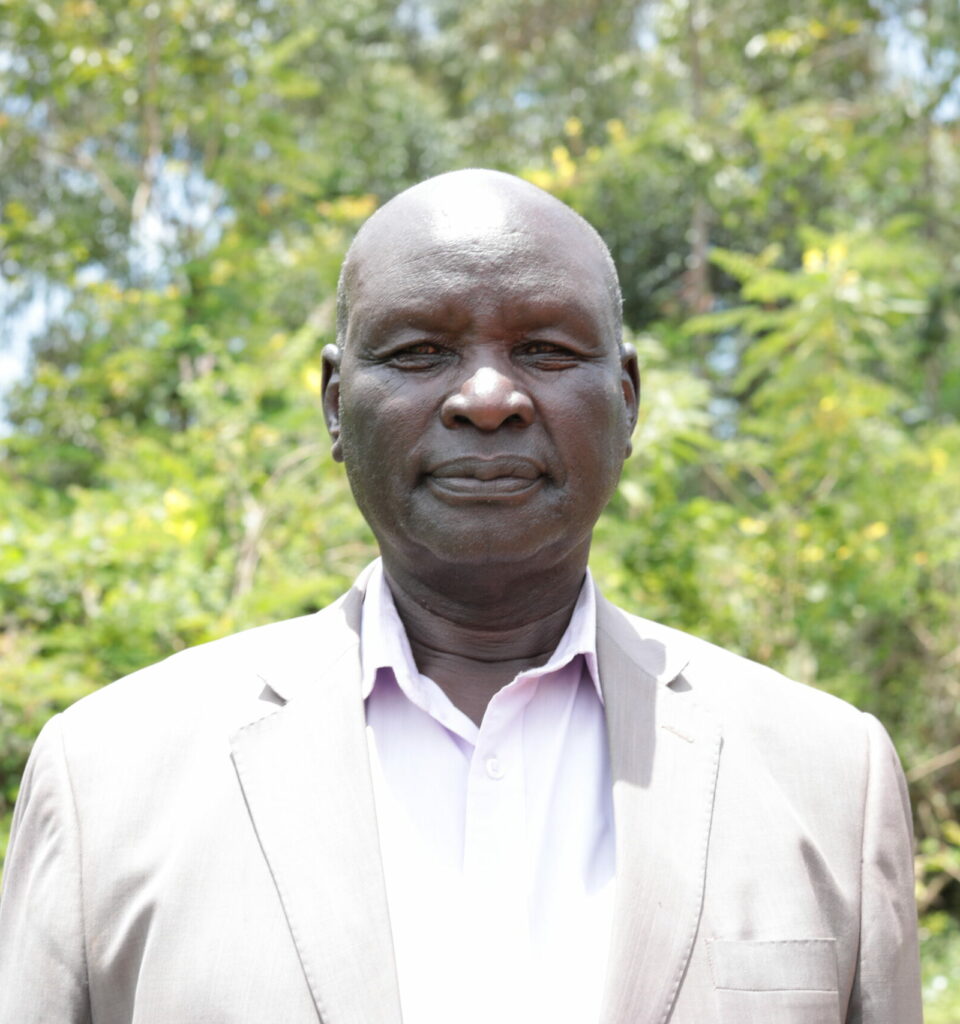YOUR PRIVACY
To enhance your experience with our site, many of our web pages use “cookies” and shopper ID’s. Cookies are text files we place in your computer’s web browser to store your preferences. To find out more, read our updated privacy policy.
“I urge the Maasai community to prioritize education. Cattle can be stolen, but your education cannot.”
– Julius Ole Maki
Former Senior Chief of Shankoe, Transmara West Sub-County
Chairman, Narok Peace
Julius Ole Maki
Julius Ole Maki served as a senior village chief in Transmara West Sub-County in the late 1990s and early 2000s. After retiring in 2002, Julius began volunteering as the Narok County Peace chairman, spearheading diplomacy and peace agreements between warring indigenous Maasai clans in the Transmara region.
Julius quickly realized how instrumental women are in conflict resolution. For years, he watched Maasai women on the sidelines actively promoting peacebuilding and reconstruction efforts. He explains that whenever clan disputes would arise, often over land, borders, or cattle, it was always women from warring clans who would make the distress calls asking for an end to the fighting.
It was while observing these important contributions to peacebuilding efforts that Julius began to hear of complaints from Maasai women about the prevalent practice of female genital mutilation (FGM). They explained that in addition to being an unacceptable form of gender-based violence, the practice also led to health complications, particularly difficulties giving birth. Julius shares that his three oldest daughters underwent FGM before he had learned about the detrimental effects of the practice. It was then that he decided to take a stand. Julius refused to allow his youngest daughter to be cut and embarked on a campaign to sensitize the community about the dangers of both FGM and child marriage, explaining, “FGM and child marriage are intertwined. When a girl undergoes FGM in the Maasai community, she soon drops out of school to get married.”
Julius shares that it was not an easy task. He faced significant resistance from many who believed in defending these practices in the name of tradition, and the perception of women as commodities to be traded for cattle, land, and bride wealths was pervasive. But Julius persisted, leveraging his standing in the community as a former chief and now chairman of Narok Peace to conduct public meetings to educate the community and discourage them from continuing the practices in their own homes and villages. “The fight against FGM has been hampered by men for a long time. They did not want to marry uncut women, and that was a contributing factor. We have held talks around the community and they have slowly accepted to marry uncut women, and that has helped reduce the rate of FGM.”
The Kenyan government’s increasing insistence for an end to FGM over the last decade, coupled with efforts from grassroots NGOs like Kakenya’s Dream, has brought further positive change. Julius reflects, “In the past, the Maasai community was largely patriarchal. It has taken a long time for that society to accept women as key players in different sectors, such as education and leadership. I am glad to say that modern society is slowly embracing change.”
Julius looks forward to a future in which the Maasai community completely embraces gender equality and education for girls over the old ways of FGM and early marriage. “I urge the Maasai community to prioritize education. Cattle can be stolen, but your education cannot.”


